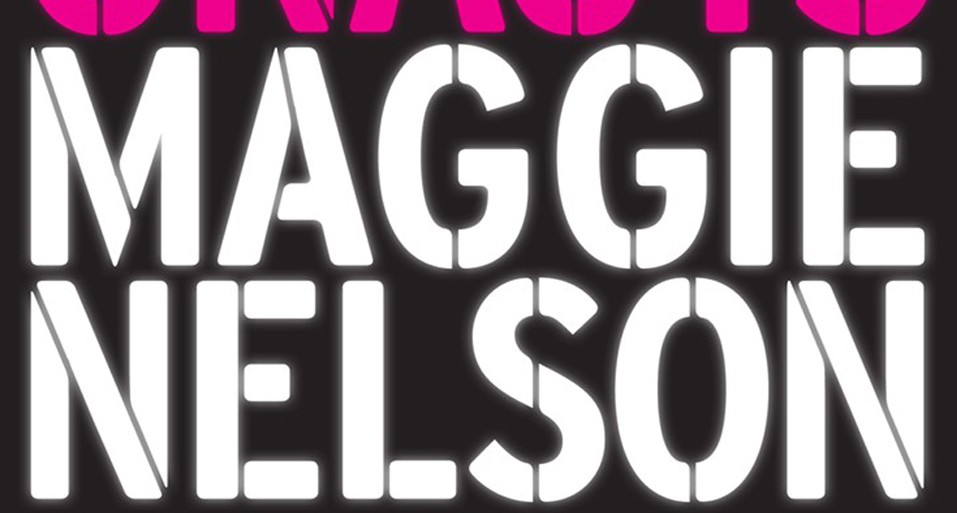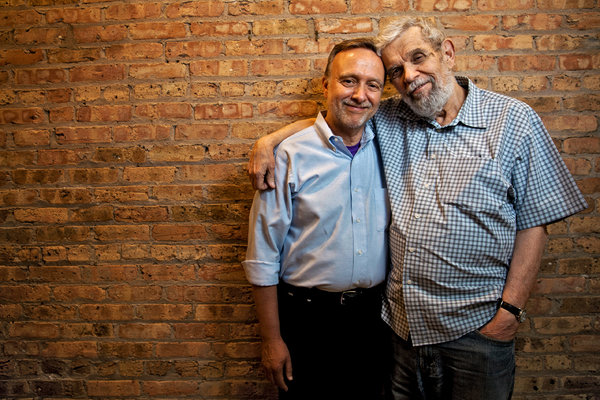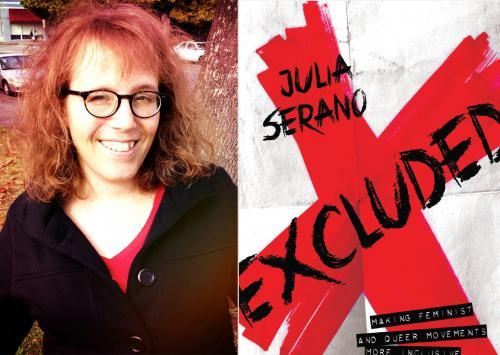“I was just doing my thing at my locker when one of a group of girls looked at me and said, ‘You’re a dyke.’ I looked back at her and smiled and said, ‘you say that like it’s a bad thing.” She was stunned. She just looked at me for a minute, then turned and walked away.” –Anna, 17 (qtd. in Huegel 38).
In GLBTQ: The Survival Guide for Gay, Lesbian, Bisexual, Transgender, and Questioning Teens, Kelly Huegel attempts to offer “the answers, insight, and support queer or questioning teens need, putting to rest myths and stereotypes about what it means to be GLBTQ.” Overall, the text offers an excellent overview of some of the challenges young queer people face. Her chapters include “GLBTQ 101; Homophobia; Coming Out; Life at School; GLBTQ Friends; Dating and Relationships; Sex and Sexuality; Staying Healthy; Religion and Culture; Transgender Teens; and Work, College, and Beyond.” In this way, her book can be read cover to cover or used as a reference tool.
Huegel begins by defining some key terms. Then, she delves into the ways in which homophobia continues to exist. Huegel highlights examples of teens like Anna who have “been there;” in this way, Huegel constructs compelling, human narratives that detail successful strategies that other GLBTQ teens have employed. She also includes a wealth of statistical information including some from the Gay, Lesbian and Straight Education Network (GLSEN), which effectively relays the prevalence of homophobia in American schools as well as contemporary responses to it. For example, she cites that 40% of GLBTQ teens reported experiencing harassment in GLSEN’s “2009 National School Climate Survey;” however, she also notes that this organization also discovered that “80% of parents favor expanding existing antiharassment and antidiscrimination policies to include GLBTQ students” (33-34). In so doing, Huegel effectively captures the advancements as well as the struggles of this population.
Huegel’s book remains a valuable resource. In addition to providing an introduction to these topics, she also includes website addresses and phone numbers for organizations and hotlines that are designed to assist GLBTQ teens in need. Her selected bibliography also directs readers to additional materials that will enable them to better understand some of the topics that she introduces. While her text includes a wealth of information, it is not comprehensive enough to relay information about therapeutic services in every city. If you are looking for a lesbian, bisexual or gay therapist in Chicago, you may want to call IntraSpectrum Counseling, where therapists are specifically trained to help GLBTQ youths overcome the unique obstacles they may face.




